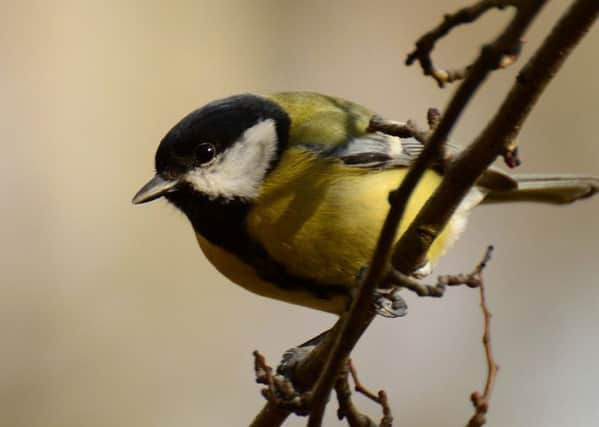Column: A welcome return of the dawn chorus


Whilst in bed the other day I heard a blackbird singing outside the window – so loud I thought I must have left the window ajar. I expected it to be about 7am but the bedside clock said 5.42am.
After a while it stopped, but I could hear another singing further away.
Advertisement
Hide AdAdvertisement
Hide AdIn all bird species, it is mostly the male birds that sing and they are at their most vocal in the morning, and to a lesser extent in the evening, when they are marking their territories – warning off rivals and perhaps trying to attract a mate.
A few hours later on, I was in Pollok park where the competing songs of different birds filled the air. Much of the time you cannot see the bird that is singing and so if it is a song you don’t know it can be hard to identify it.
This is where Youtube can help.
There are recordings of most common bird songs to be found there and I am trying to listen to them to improve my aural identification skills. When I was growing up pre-internet, I remember my parents had an LP of common British bird song which they would play to help with identification. We discovered that our pet budgies loved to listen to it and would sing enthusiastic budgie songs back to the recording.
We started playing it just for the budgies.
Birds produce different sounds for different reasons.
The lovely songs of the dawn chorus are for mating and marking territory, but most birds also produce short, basic notes that are used as alerts and for keeping in touch.
Some birds have devised a cunning way to use these calls.
Advertisement
Hide AdAdvertisement
Hide AdGreat Tits have been observed giving out their alarm call (a high-pitched single note, recognised widely in the bird world as a danger warning) when there is no actual threat.
They have been observed doing this at a crowded bird feeder to scare away the other birds and have the feeder to themselves.
I guess you need to be sly in the wild.